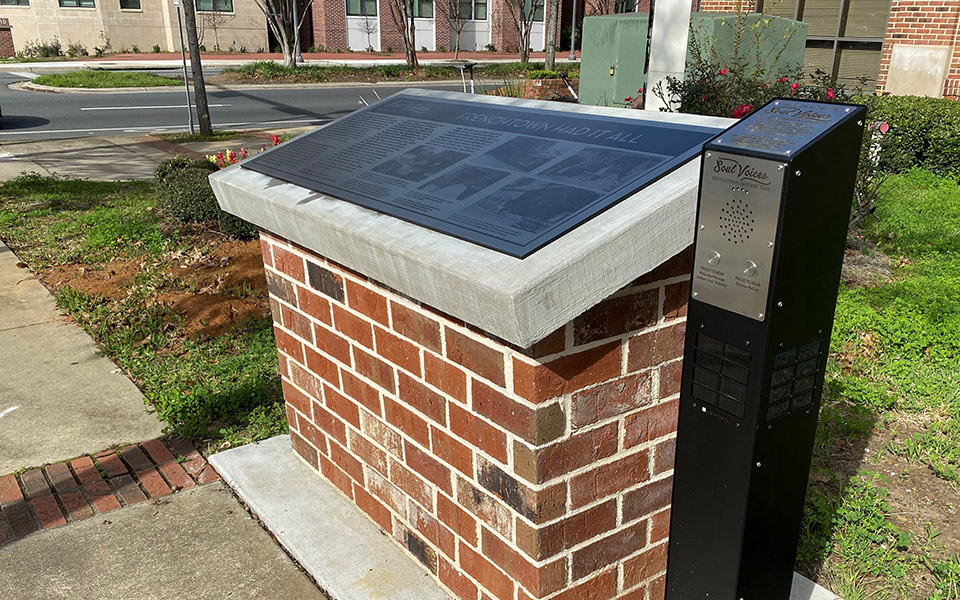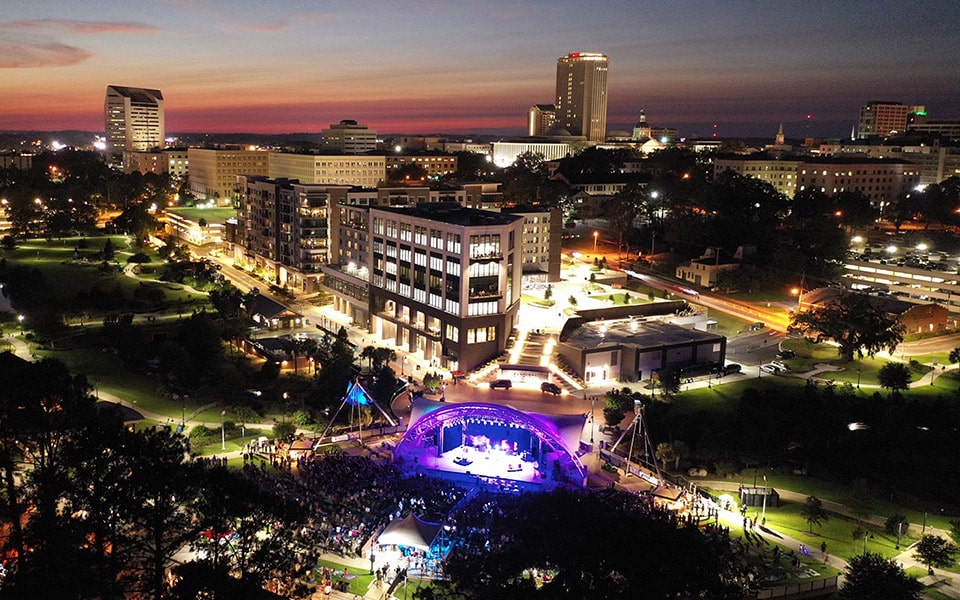
Soul Voices of Frenchtown
Historic Markers for a Historic Neighborhood
Located in the heart of Tallahassee is a community with history and culture stretching back over a hundred years. The Frenchtown neighborhood is a living and breathing monument to the contributions of the African American community in Tallahassee. The story of Frenchtown continues to be told, and the voices of its residents bring that story to life. In 2019, the John G. Riley Center & Museum launched the Frenchtown Historic Marker Trail– a series of plaques documenting the families, businesses, and innovators that shaped their community and the city. Select plaques are also accompanied with audio interviews from residents telling the stories of the community passed down through generations. Their voices tell the history that is often forgotten, that is now put on display to be shared by all.
The history of Frenchtown is expansive- taking root in the Reconstruction era as land set aside post-Civil War exclusively for recently freed slaves. This landmark moment in United States history set the course for Frenchtown to grow into the community we know today.
 A Rich History
A Rich History
Anthon “Ann” Roberts provides the welcome message at the first marker at the start of the trail on Macomb Street located just across from Florida State’s campus. Through her voice and many others, the streets and buildings that line them take new meaning. During Reconstruction and through the Jim Crow era, Frenchtown was a hub for black owned businesses of all kinds to innovate and inspire. As the Commerce and Community marker highlights, many of these businesses were led by women as well as men, and venues such as the Capital Theater and the Red Bird Cafe were the only entertainment spots in town that were not segregated. Black musicians from across the country travelled to the Red Bird to play– including Louis Armstrong, James Brown, Ray Charles and more. While in town, many notable guests stayed at the Tookes House & Villa Motel on Virginia Street, one of the only places to accommodate African Americans in the region.
More than entertainment, Frenchtown was host to trailblazers. Maxwell Courtney- the first African American student to graduate from Florida State University- grew up in Frenchtown. The first black police officer and the first black city bus driver also lived in in the neighborhood- a testament to the community’s important role in Tallahassee history. Those born and raised in Frenchtown were more than just leaders, they were an integral part of a community tapestry.
On one of the markers, longtime resident Dorothy Tookes McCoy recounts block-by-block, the generations of families she grew up with. These families typically ate at the same restaurants and went to the same historic Old Lincoln High School. Through her voice, it is clear that Frenchtown is a vibrant familial network brought to life through the audio messages and plaques.
 Each plaque shows a unique aspect of life in Frenchtown, ranging from education, to business, to everyday happenings. Newly added markers provide a glimpse into the world of pageants, dances, and social events that made Frenchtown a cultural hub for the black community in Tallahassee. These events often took place in fraternal lodges and churches. While many of the buildings and structures no longer exist, some such as the Tookes House and Old Lincoln High School still stand. These landmarks and the Historical Markers Trail are must see historical sites for visitors to understand the rich black history found in Tallahassee.
Each plaque shows a unique aspect of life in Frenchtown, ranging from education, to business, to everyday happenings. Newly added markers provide a glimpse into the world of pageants, dances, and social events that made Frenchtown a cultural hub for the black community in Tallahassee. These events often took place in fraternal lodges and churches. While many of the buildings and structures no longer exist, some such as the Tookes House and Old Lincoln High School still stand. These landmarks and the Historical Markers Trail are must see historical sites for visitors to understand the rich black history found in Tallahassee.
Follow the Soul Voices Trail
Plan your next visit by following the Soul Voices Trail Map provided by the John G. Riley Center & Museum. The Frenchtown Historic Markers continue to grow as more of the community’s history is told. In November 2020, four additional markers were added to highlight the festivals, commerce, and impact of the historic Old Lincoln High School in Greater Frenchtown. These additional markers shed new light on the cultural and educational significance of the community. The trail offers the unique opportunity to not only read history, but hear it come to life through the soul voices of Frenchtown.


